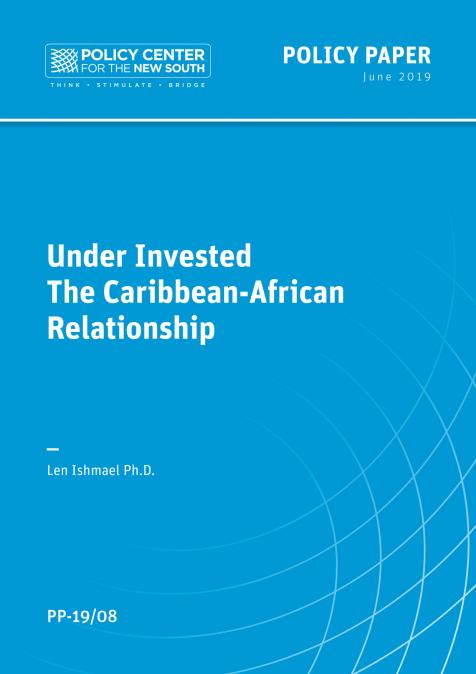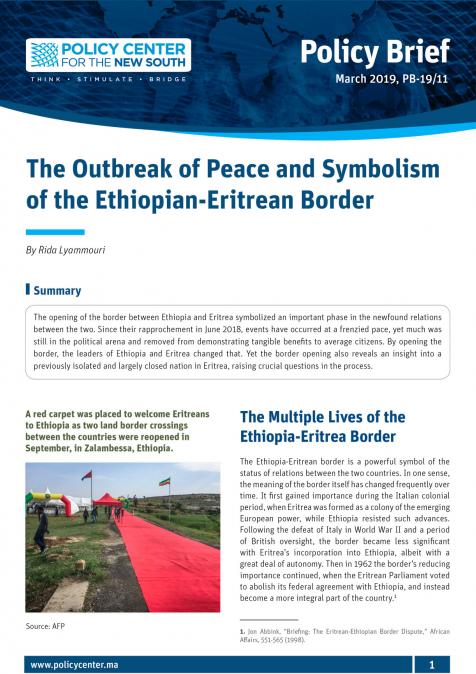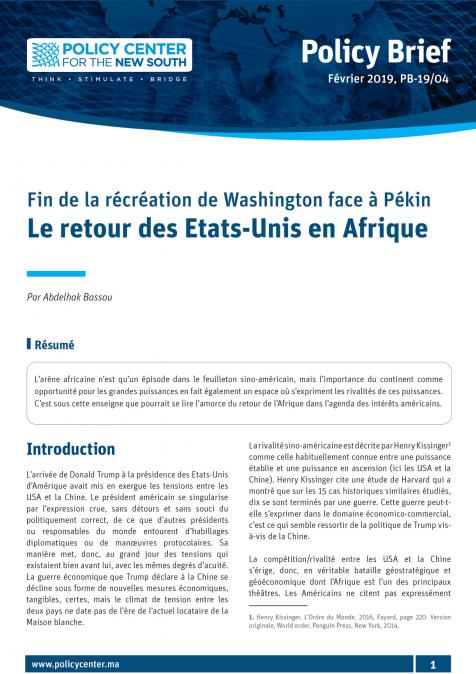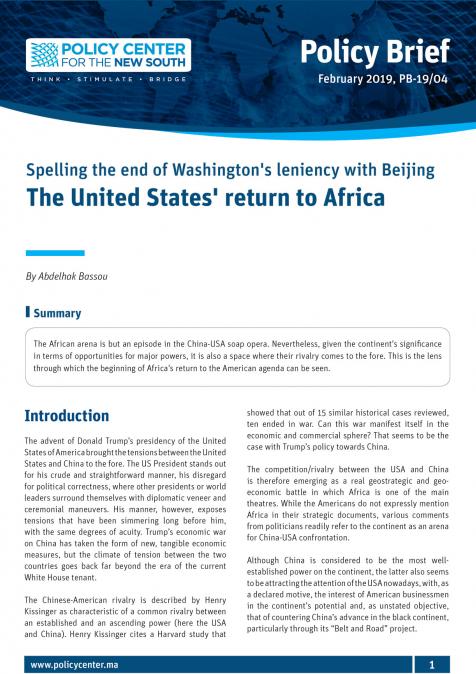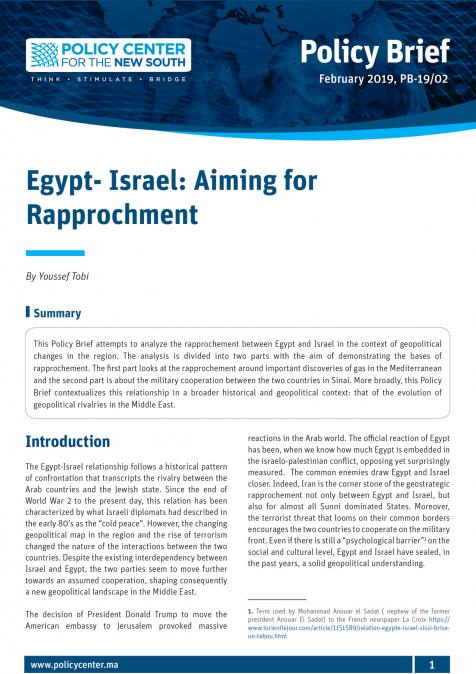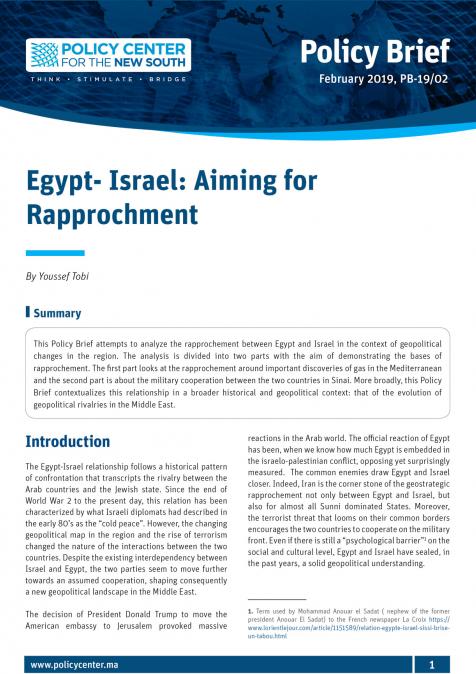Publications /
Opinion
The new president of the United States has already issued over 40 executive orders, reversing many of Donald Trump’s most contentious policies. Biden’s arrival will likely help heal internal and international divisions. His policies are also likely to boost U.S. economic growth in the short-run and make it more equitable and sustainable. However, numerous obstacles could delay and dilute the impact of the new administration.
President Joe Biden has assembled a strong and highly expert team of moderates. On economic policy, the immensely capable Janet Yellen at Treasury (with Trump appointee Jay Powell at the Fed) is likely to trace a middle-of-the-road path supportive of growth, equity, and stability. On foreign policy, Anthony Blinken at State, Jake Sullivan at the National Security Council, William Burns at the CIA, John Kerry as Climate Ambassador, and Lloyd Austin at Defense, are all on the record as committed to rebuilding alliances. The first four are known internationalists as well as long-time Biden colleagues or allies. Austin, a former general and the first Black Secretary of Defense, who is tasked with managing a budget larger than the economy of Switzerland, is known as a sensible and effective leader. Biden is on his way to assembling the most diverse cabinet in history, with large representation of minorities and women.
The overriding messages of the Biden administration as set out in his inauguration speech are:
- Prioritization of economic and health recovery;
- Unity, bipartisan collaboration, reduced inequality, social justice;
- Reliance on science, data, and a commitment to honest communication; and
- Rebuilding alliances abroad to deal with global challenges.
Biden’s executive orders essentially reverse many Trump policies and begin to put flesh on the bones of these major thrusts.
The new President builds on a slim majority in the House of Representatives and has the deciding vote in the Senate where Vice President Kamala Harris can break the deadlock of an equal number of Republicans and Democrats. However, major legislation in the Senate requires 60 votes, so Biden must look for support from the Republican center.
A Far-Reaching FDomestic Agenda.
Biden’s top priority is dealing with the pandemic by accelerating vaccinations, which entails the launch of a Federally funded and managed campaign, increased vaccine orders, and increase use of the Defense Production Act to increase production of vaccines. Based on the administration’s target of 1.5 million vaccinations a day over the 100 days to April 21, 2021, I estimate that nearly all the American vulnerable population that wants the vaccine will be fully immunized by that date, which will mean a big decline in disease. The confirmation that vaccines work outside clinical trials to reduce hospitalization and deaths among the vulnerable over-60 population is already evident in data from Israel, the country that has made the most progress on vaccination.
Bringing the virus under control will accelerate economic recovery, the other main Biden priority. That will be further enabled by another $1.9 trillion (9% of GDP) relief and stimulus package, which is very unlikely to pass in its entirety, but—with prior measures—may well boost the U.S. economy to growth of 5-6% in 2021. Because of its sluggish vaccination campaign, Europe, which is already mired in a deeper recession than the United States, will recover more slowly.
Biden’s spending plans in coming years are big—to include a $2 trillion infrastructure package, increased financing of green energy, and expanded healthcare coverage—much of it adding to the deficit and the debt. Large government deficits will persist but decline as a share of GDP as the economic recovery builds. Later in Biden’s term, the effect of higher spending on the deficit will be partly offset by increased taxes on wealthier Americans and on corporations.
Biden’s economic team has largely bought into the view, increasingly widespread among mainstream economists in the U.S. and abroad, that increased government borrowing is a sustainable and even optimal strategy at a time when the economy is depressed, interest rates are low, and inflation remains moderate.
However, Biden’s plans will be opposed by two factions of a profoundly divided Republican party, though for different reasons. The large contingent of Republicans in Congress that are wedded to Trump’s base (whose core is made up of less-educated whites and evangelicals) will oppose Biden’s promotion of civil rights and diversity (the race issue), his liberal immigration policies, and his espousal of abortion choice. Moderate and conservative Republicans will oppose Biden’s tax increases on the wealthy, his big spending plans, and his climate policy on account of its cost and effect on the powerful fossil-fuel industry.
Biden will try to reach out to Trump’s base, but, as many supporters of the former President have become ‘radicalized’ and believe the election was stolen, it is difficult to see him making big inroads into that constituency, at least until anger cools down. This is unlikely to happen soon, especially as the former President is now under an enormously divisive trial in the Senate for fomenting insurrection.
But Biden may succeed in striking deals with moderate Republicans on some issues. Whether the GOP remains united in opposition, systematically blocking Biden’s agenda in the Senate, or whether it splinters and cooperates selectively is the big question. A litmus test will be the $1.9 trillion COVID-19 recovery bill, on which wide differences remain.
But what is certain is that the tone in Washington has begun to change. Even without Republican support, using only executive orders and procedures available to pass budget legislation in the Senate by simple majority, under Biden economic and social policy in Washington is already on the way to a big transformation.
A Different Interpretation of ‘America First’
In a 180 degree turn from the direction set by his predecessor, Biden will aim in foreign policy to re-forge strong ties with the industrial democracies and to use multilateral institutions as a point of leverage to reestablish American leadership.
His executive orders in this space send a strong signal that the United States is again willing to work with other countries on the most pressing global issues. The decisions to rejoin the Paris Agreement on climate change, the World Health Organization, and the COVAX vaccine alliance are among the most important of these. Collaboration is also signaled by the decision to stop funding the border wall with Mexico, to increase the number of refugees admitted into the United States, and to end a travel ban which affects mainly Muslim countries.
However, Biden’s signals on the crucial issue of trade have been mixed. Though he has been critical of Trump’s tariffs, his team, which includes little-known U.S. Trade Representative-designate Katherine Tai, have spoken of a worker-driven, not investor-driven trade policy. This is code for a trade policy that insists on tough enforceable labor standards rather than a policy that opens America’s markets and provides access and protection for American investors abroad. Biden himself has emphasized that new trade deals, such as a Free Trade Agreement with the United Kingdom or rejoining the revamped Comprehensive and Progressive Agreement for Trans-Pacific Partnership are not a priority. His ‘Buy American’ executive order, and the absence of any indication of when and whether tariffs on steel and other products from allies will be removed, add to the concerns of America’s trading partners.
Still, even though trade is low on the priority list, it is difficult to imagine Biden pursuing Trump’s rogue policies at the WTO. The go ahead his administration has given to the appointment of Ngozi Okonjo-Iwela as the first African (and first woman) as Director General of that institution is a positive signal. Even though Biden’s is unlikely to be an enthusiastically globalist administration, I expect that it will support predictability in trade relations, and that a negotiated phase-out of Trump’s tariffs will occur over the next year or two. At a time when China, Europe, and Japan are busy negotiating trade and investment deals on all fronts, the United States cannot afford to stay still for much longer. Yellen and Powell are likely to be powerful voices in support of the Bretton Woods Institutions, the International Monetary Fund and the World Bank, both of which view openness to trade and foreign investment as central to sustained economic growth.
Also unclear is how the new administration will deal with China. Biden has said on occasion that he views Russia, not China, as the U.S.’s most dangerous adversary. However, he and his team have consistently identified China as America’s twenty-first century arch-rival. Still, the Biden team is keenly aware that Trump’s adversarial policies have entirely failed to isolate China and to induce reforms there, though they have made China more defensive/aggressive and hurt American firms and consumers.
Biden can be expected to follow a tough line on China, including decoupling in sensitive technology areas. But he will also look to reestablish predictable trade and investment links, consistent with America’s corporate and consumer interests. Biden’s team understands that cooperation with China on the big global issues, including climate, pandemics, and financial stability, is inevitable if genuine progress is to be made. Outright armed conflict is a real possibility and must be avoided. That is the rational course. But the stance of the United States will ultimately also depend on that of China, and the willingness of its rulers to address the many security, trade, and human rights concerns about its behavior, which the U.S. and its allies share.
The opinions expressed in this article belong to the author.

